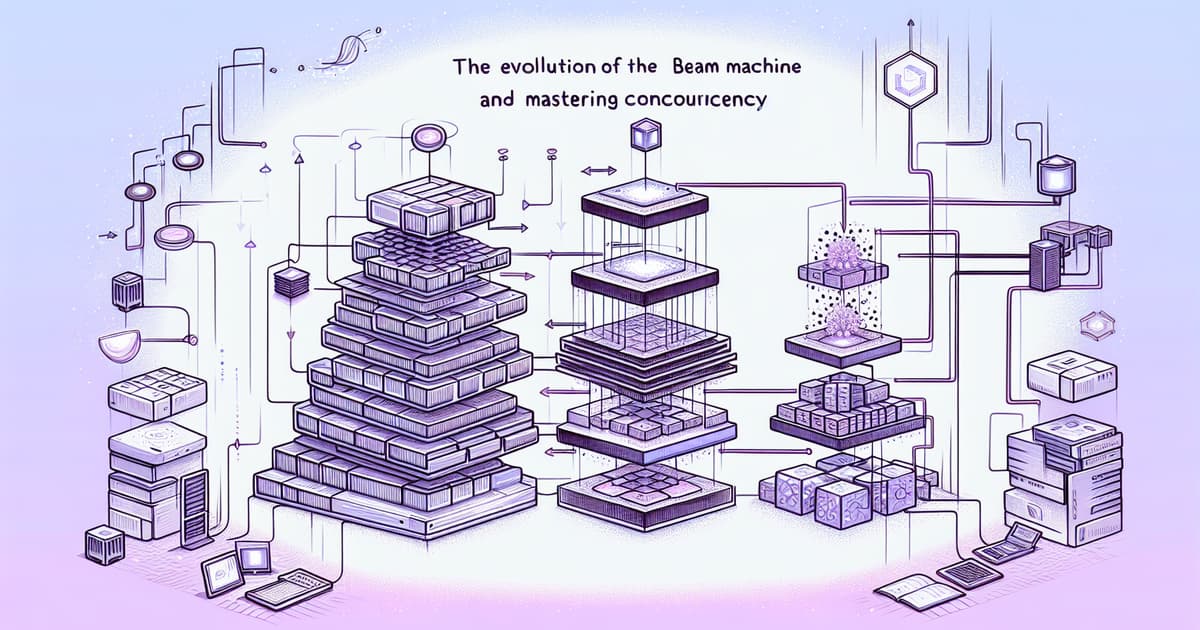We can't find the internet
Attempting to reconnect
Something went wrong!
Hang in there while we get back on track
FLAME: A New Approach to Elastic Scaling in Elixir
627
clicks

Source: youtube.com
FLAME, which stands for 'Fleeting Lambda Application for Modular Execution,' is a system that allows Elixir developers to scale parts of their applications automatically and efficiently. This pattern can be used for tasks that are I/O or CPU intensive, or any application code that could benefit from being run separately and elastically. Distinct from other serverless options, such as AWS Lambda, FLAME operates seamlessly with the Elixir environment, allowing developers to auto-scale by wrapping any existing application code and having it run in a temporary copy of the app, without the complexity typically associated with serverless functions.
McCord emphasizes that the beauty of FLAME is in its simplicity — often requiring only a few lines of code changes to introduce elastic scaling. With minimal impact on the current architecture of an application, FLAME opens up possibilities for numerous use cases including video encoding, PDF generation, machine learning, and more. During his presentation, he demonstrates how easy it is to implement FLAME with live demonstrations and discusses the practical implications such as cost-effectiveness, speed of deployment, and reduction of overhead. Moreover, the tool is designed to respect the locality of requests, ensuring that computations are executed as close to the request source as possible, optimizing for both speed and resource usage.
The talk also addresses the learning curve, development practices, and how FLAME compares to other serverless offerings by focusing on removing complexity rather than just solving specific problems. Throughout the presentation, Chris McCord illustrates how Elixir's existing capabilities synergize with FLAME, creating a powerful combination for developers looking for elastic solutions without compromising on process transparency or incurring the cost and complexity of third-party serverless infrastructures.
Related posts
© HashMerge 2026


